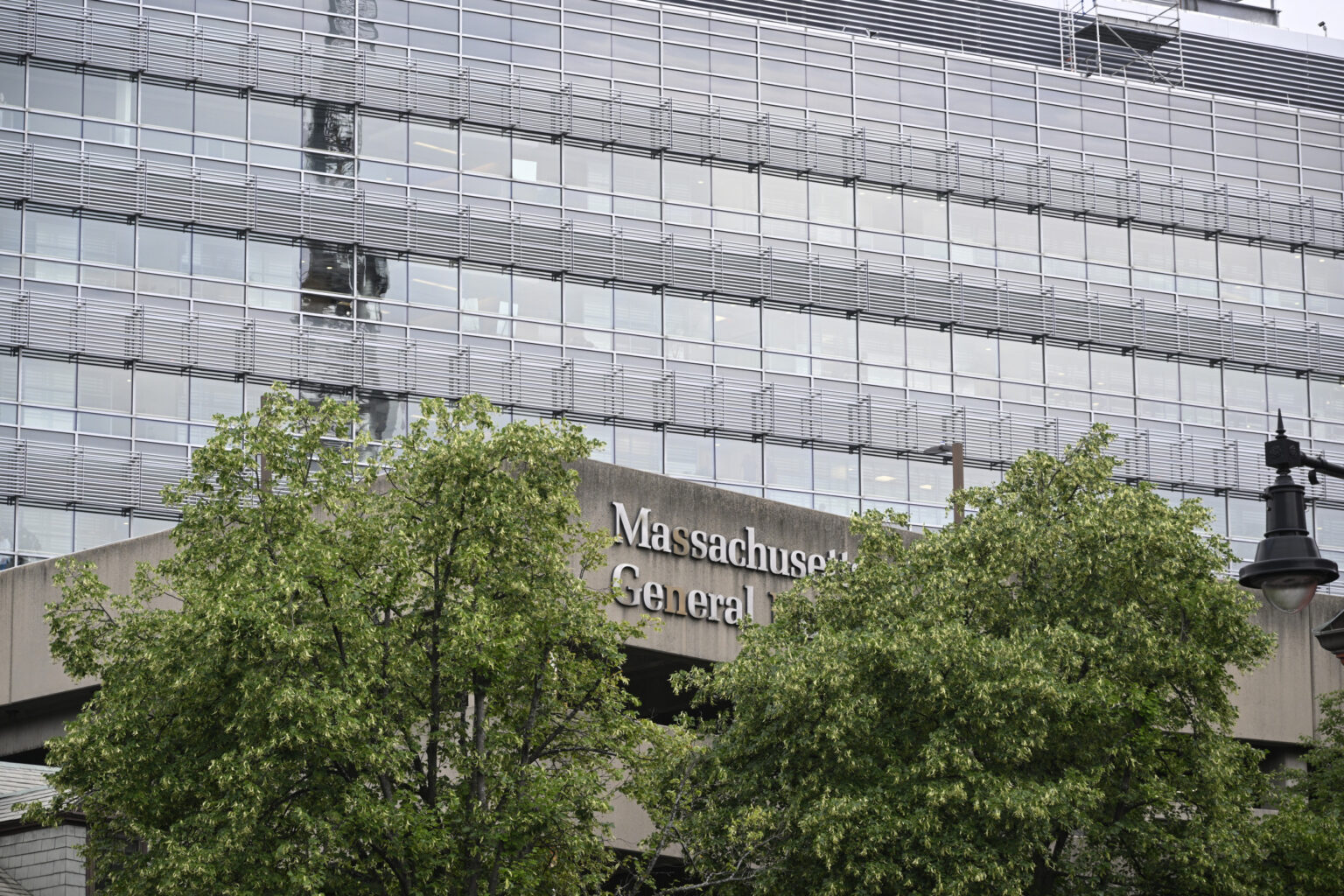A series of brain tumor diagnoses among staff members at a Massachusetts hospital has sparked concern and prompted dual investigations by the hospital’s administration and the nurses’ union.
Six employees of Mass General Brigham’s Newton-Wellesley Hospital, including five nurses from the fifth-floor maternity unit, have been diagnosed with noncancerous brain tumors, according to officials and union representatives.
Newsweek has contacted the press office of Mass General Brigham and the Massachusetts Nurses Association out of hours via email for comment.
Why It Matters
The appearance of similar medical conditions among staff working in the same hospital unit has drawn scrutiny from both employees and union leaders. While the hospital maintains there is no environmental risk, the concentration of cases on a single hospital floor has prompted ongoing concern and spurred calls for deeper examination into potential occupational or environmental factors.
What To Know
Newton-Wellesley Hospital confirmed earlier this month that it began its investigation in December after staff raised concerns.
The investigation was led by the Mass General Brigham Department of Occupational Health and Safety (OHS) and conducted by a multi-disciplinary group of experts, including several independent firms, Ellen A. Moloney, president of Mass General Brigham, shared in a letter to patients and families.
It consisted of interviews with “impacted staff, a thorough review of air and water quality, and comprehensive testing for any potential radiation, chemical, or pharmaceutical exposures.”
Moloney said that the results of the investigation showed “no environmental risks” were identified at the hospital.
However, the Massachusetts Nurses Association has said that the testing was “not comprehensive,” and that they only spoke with a small number of nurses.
As of April 5, 11 individuals from the maternity ward were reportedly interviewed, and five were diagnosed with benign brain tumors, including at least two cases of meningioma, the most common type of tumor, NBC News reported.
A sixth nurse from the ward has since come forward, according to The Boston Herald, which cited Mass General Brigham’s Department of Occupational Health and Safety.
Some nurses believe the actual number of affected staff is higher, with at least 10 individuals diagnosed with different brain tumors over the past few years, some of which were cancerous, CBS News reported.
One nurse told the outlet: “We want reassurance, because this has not been a reassuring past few months for a lot of the staff members. We want to feel safe, the same way we want to make our patients feel safe.”
What People Are Saying
The Massachusetts Nurses Association Spokesperson Joe Markman said in a statement, according to NBC News: “The hospital only spoke to a small number of nurses, and their environmental testing was not comprehensive. The hospital cannot make this issue go away by attempting to provide a predetermined conclusion.”
Mass General Brigham’s Newton-Wellesley Hospital told WBZ-TV earlier this month: “After we became aware of reported brain tumors in individuals who currently or previously had worked in the same area of the hospital, we conducted an extensive investigation in collaboration with the Department of Occupational Health and Safety, Newton-Wellesley Safety Officer, radiation and pharmaceutical safety offices, and external environmental consultants.
“The investigation found no environmental risks which could be linked to the development of a brain tumor. We presented these findings to relevant stakeholder groups, including the staff on the unit and the Massachusetts Nursing Association, and have held forums to meet with clinical and Occupational Health leaders to answer their questions. The hospital is providing the MNA with the test results from the investigation, including those of several external environmental firms.”
What Happens Next
The Massachusetts Nurses Association is continuing with an independent investigation and expects to share the results of its investigation with the public in one to two weeks, according to The Boston Herald.
Read the full article here

